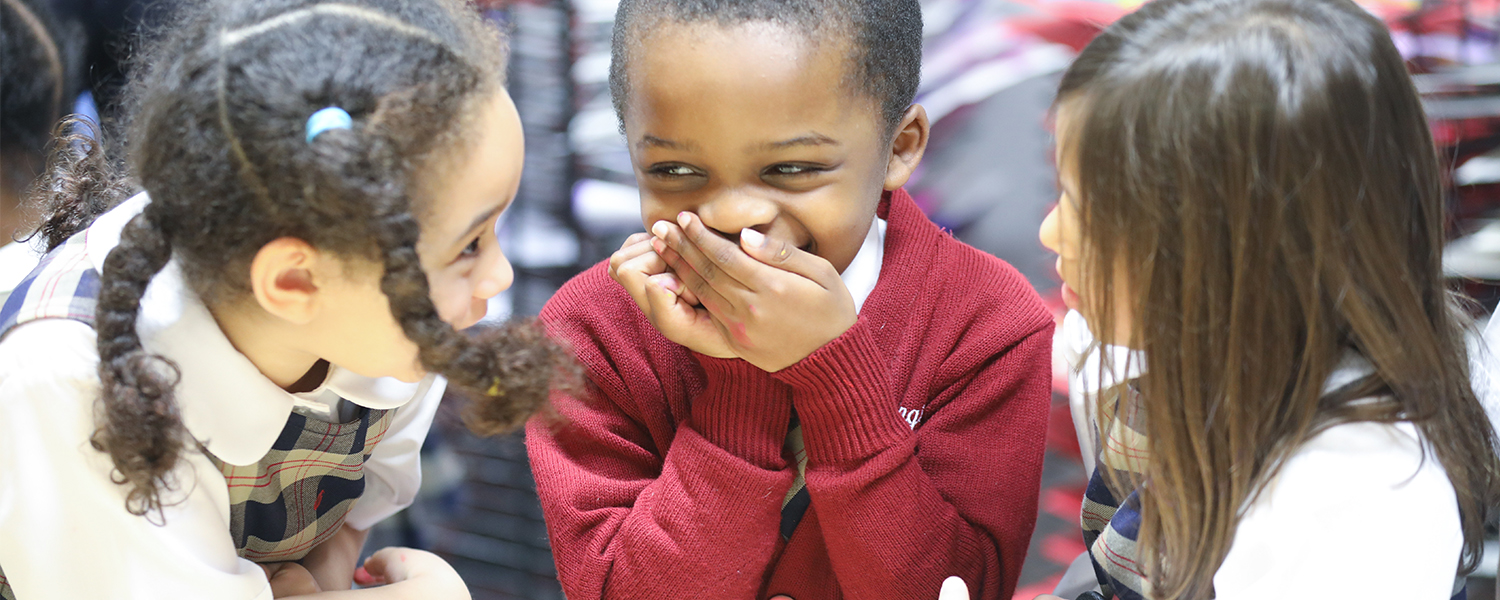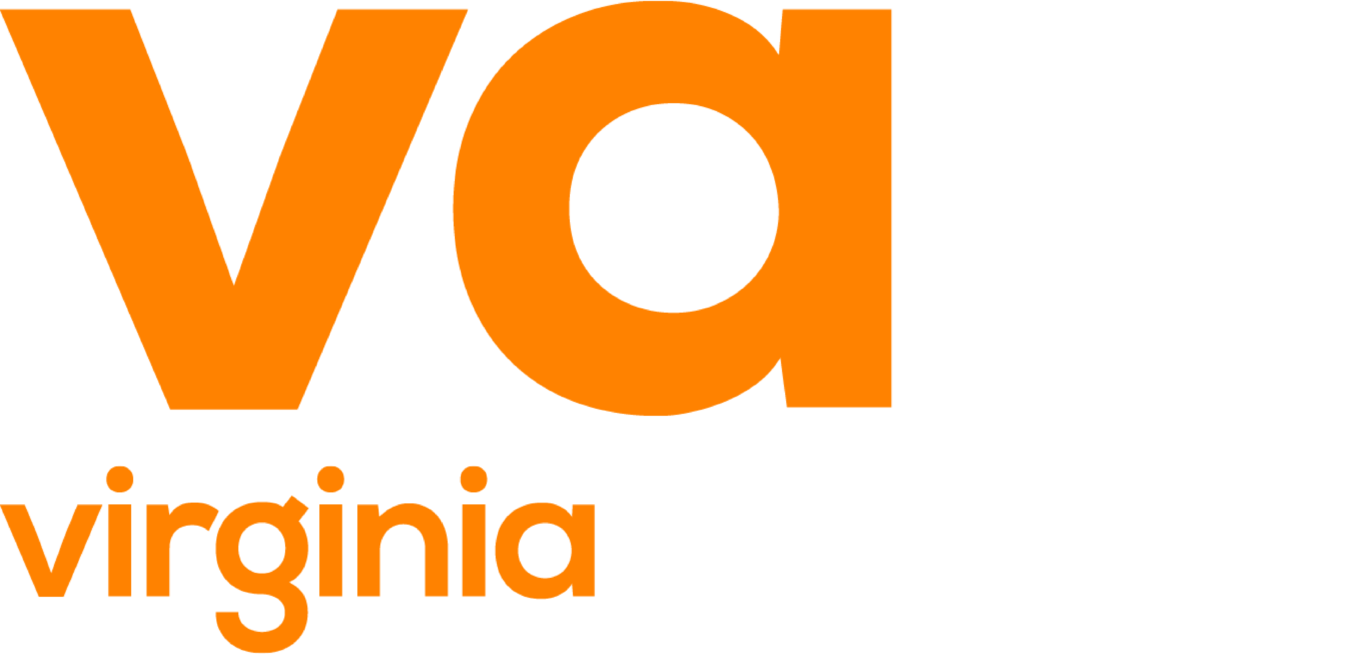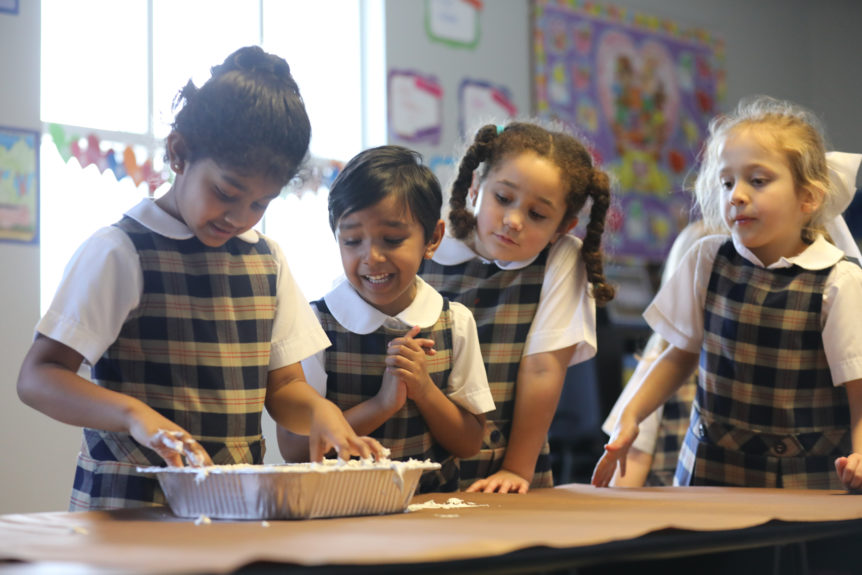More and more parents are putting an academic focus on their children’s earliest years. Science has shown us that 90% of a child’s brain develops by the age of five.
“A newborn baby has all of the brain cells (neurons) they’ll have for the rest of their life, but what really makes the brain work—and enables us to move, think, communicate, and just about everything else—are the connections between those cells. And the early years of a child’s life are a crucial time for making those connections—at least one million new neural connections (synapses) every second, far more than at any other time in life.” –First Things First.
If you are like many other parents, you may feel the need to maximize the use of every one of those million neural connections to give your child their best chance for a bright future with:
- Music lessons
- Fine arts experience
- Foreign language immersion
- Early STEM programs
But it may be easy to get overwhelmed by all of the enrichment at one time. Don’t panic! While there is absolutely a place for academics in kindergarten, rest assured that a child’s brain develops best through play, natural exploration, and warm interactions with family and caregivers. At Virginia Academy, we offer a well-balanced program for our early learners.
Kindergarten is not just about academics, we are preparing students to be successful in life.
1st Step: Responsive Relationships
“The most important influences on a child’s development are their relationships with the adults in their life. Loving relationships with warm, responsive, dependable adults are essential to a child’s healthy development. These relationships begin at home, with parents and family, but also include childcare providers and teachers.” –First Things First.
As described in Maslow’s Hierarchy of Needs, immediately after the base of biological needs like food and water are met, human beings need safety to thrive. Children need to be surrounded by safe, loving, responsive adult caregivers for their brains to grow and develop properly. This means ample, intentional adult/child interaction like:
- Reading and playing together
- Talking
- Exploring the natural world
- Getting messy and creating art
- Hugs and positive touch
These simple, everyday interactive tasks are what help a child’s developing mind thrive! The best kindergarten programs know this and incorporate it into every facet of their learning philosophy.
Bottom line: children who receive daily loving and supportive interaction from adults will have healthy brain development.

2nd Step: Emotional Intelligence
Infinitely more important than a child’s IQ is their EQ or Emotional Quotient. “Kindergarten teachers report that more than 30% of children entering classrooms today lack the necessary social and emotional skills needed for school life. Yet many teachers rate these skills as more important to school success than children’s ability to read or hold a pencil. In fact, a child’s ability to recognize emotions is a better predictor of success in first grade than cognitive skills or family background.” –Denise Daniels.
EQ is related to many important outcomes for children and adults. Children with higher emotional intelligence are better able to pay attention, are more engaged in school, have more positive relationships, and are more empathic (Raver, Garner, & Smith-Donald 2007; Eggum, et al. 2011).
Emotional intelligence in children includes:
- Empathy and sympathy
- Ability to recognize and identify emotions in one’s self and others
- Basic conflict resolution skills
- Anger management skills
- Ability to set and respect boundaries
The late Candace Pert, Ph.D., a former neuroscientist of the National Institute of Mental Health and author of The Molecules of Emotions, stated,
“By teaching children how to manage their emotions, we are literally teaching them how to control their own brain chemistries.”
Excellent early education programs put a strong emphasis on developing and nurturing emotional skills in their students. In the earliest years, this can be as simple as understanding:
- Sharing
- Cooperation
- Kindness
- Recognition of facial expressions
- Caring for friends and family
Bottom line: children with strong emotional intelligence develop into successful adults.
3rd Step: Literacy and Language
Kindergarten is a key time in a child’s ultimate literacy development. Much of a child’s future literacy success is predicted by experiences before the age of five. Parents and caregivers who read to their babies from birth and raise their children in environments saturated with high-quality literature give them an edge for future success.
“An analysis of the research literature indicates specific skills and abilities of children ages birth through 5 years that predict later reading outcomes. Key predictive skills and abilities include:
- Oral language
- Listening comprehension, oral language vocabulary
- Alphabetic Code
- Alphabet knowledge, phonological/phonemic awareness (the ability to discriminate sounds in words), invented spelling
- Print Knowledge/Concepts
- Environmental print, concepts about print”
–Dorothy Strickland, Shannon Riley-Ayers
The most important part of developing verbal skills in young children is to talk to them. The Linguistic Society of America states that “Children who are never spoken to will not acquire language. And the language must be used for interaction with the child; for example, a child who regularly hears language on the TV or radio but nowhere else will not learn to talk.” A young child’s mind is a truly astonishing thing. Children do not actually learn language but physiologically grow language. “Children acquire language through interaction—not only with their parents and other adults but also with other children. All normal children who grow up in normal households, surrounded by conversation, will acquire the language that is being used around them. And it is just as easy for a child to acquire two or more languages at the same time, as long as they are regularly interacting with speakers of those languages.”
Babies and toddlers can grow up multilingual with no effort at all if their parents are intentional about exposing them to fluent speakers of other languages in their everyday lives. Amazing!
Bottom line: In all kindergarten programs, literacy and language development should be a primary focus to ensure future success.
College preparedness for kindergarteners is simpler than you might think. The best way to nurture your child’s brain development and natural intelligence is to:
- Interact lovingly
- Nurture their emotional intelligence
- Promote literacy and language through everyday experiences
As a parent, you are doing just fine. And when your child is ready, consider choosing an exceptional kindergarten program that will partner with you to help your child reach their full potential. If you’re ready to learn more about the best kindergarten program for your child, start here.

